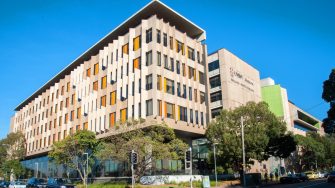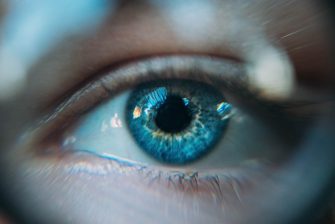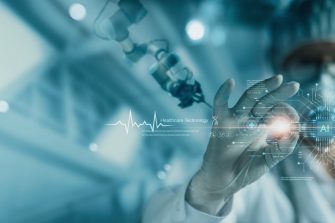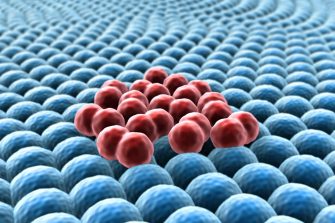
The close integration of our core departments in the School of Biomedical Sciences means exciting learning opportunities for students. The cross disciplinary research collaboration of our staff ensures we’re at the forefront of research in Medical Sciences and contributing real world solutions to the most pressing medical challenges of our time.






